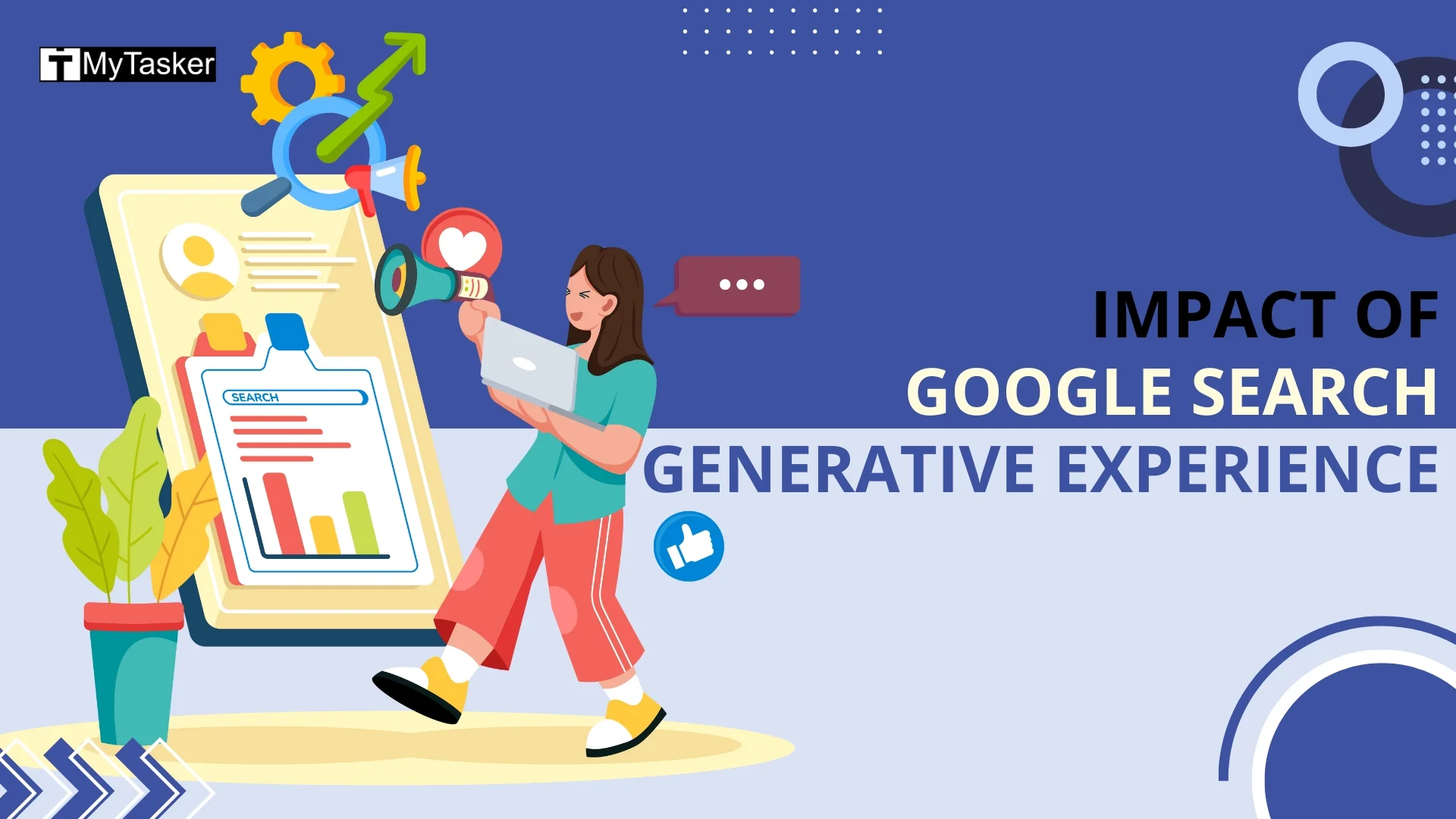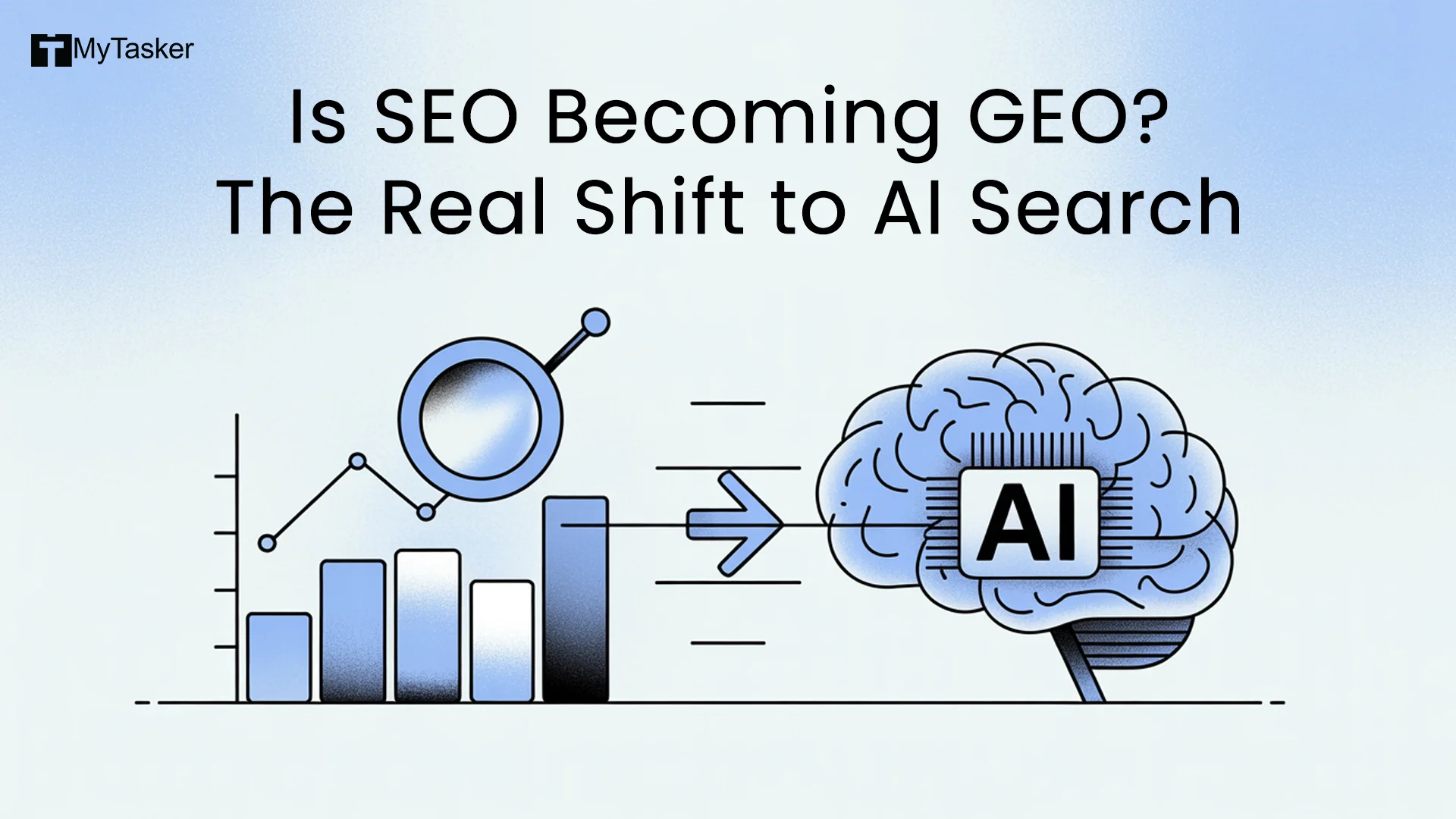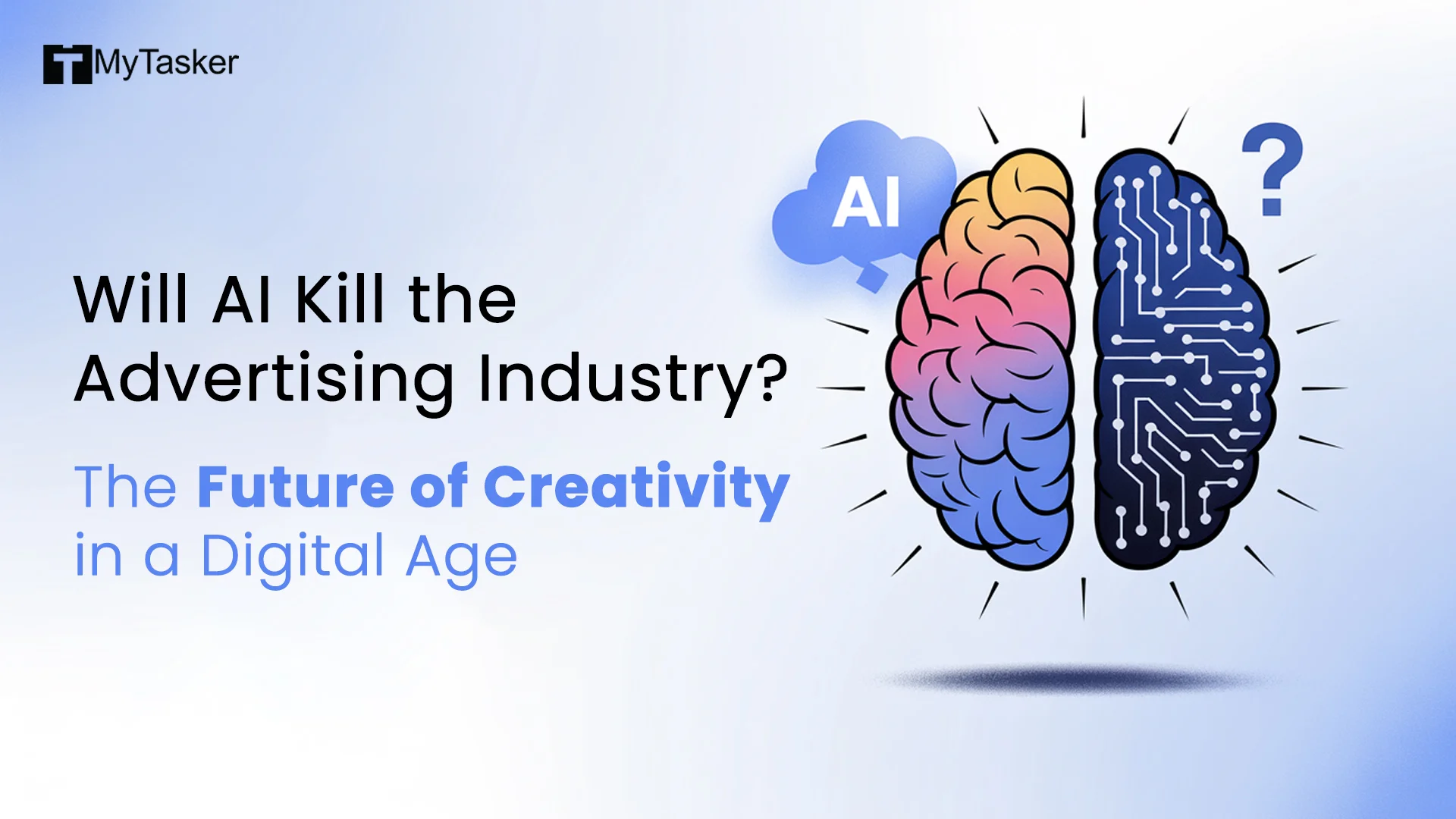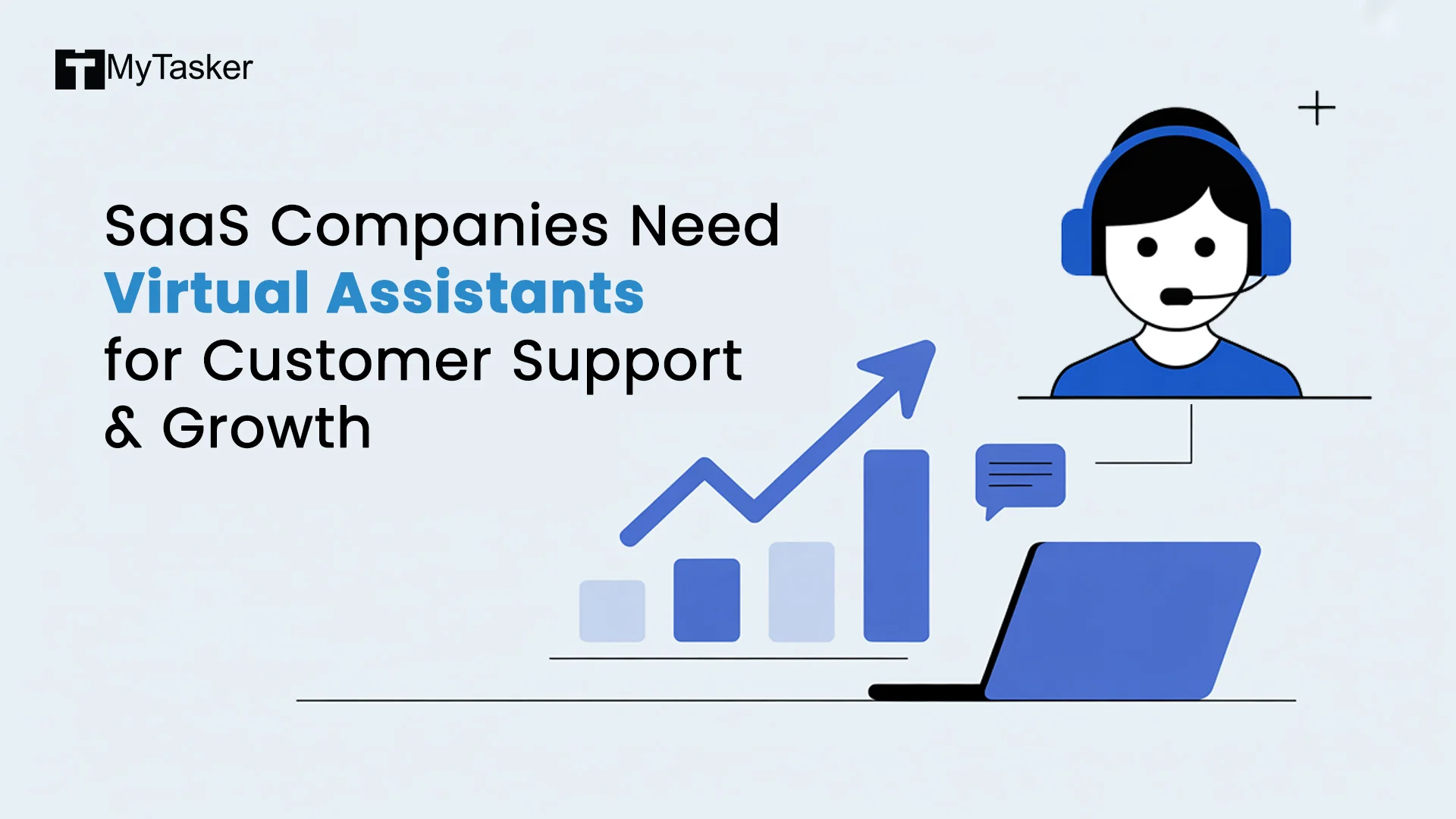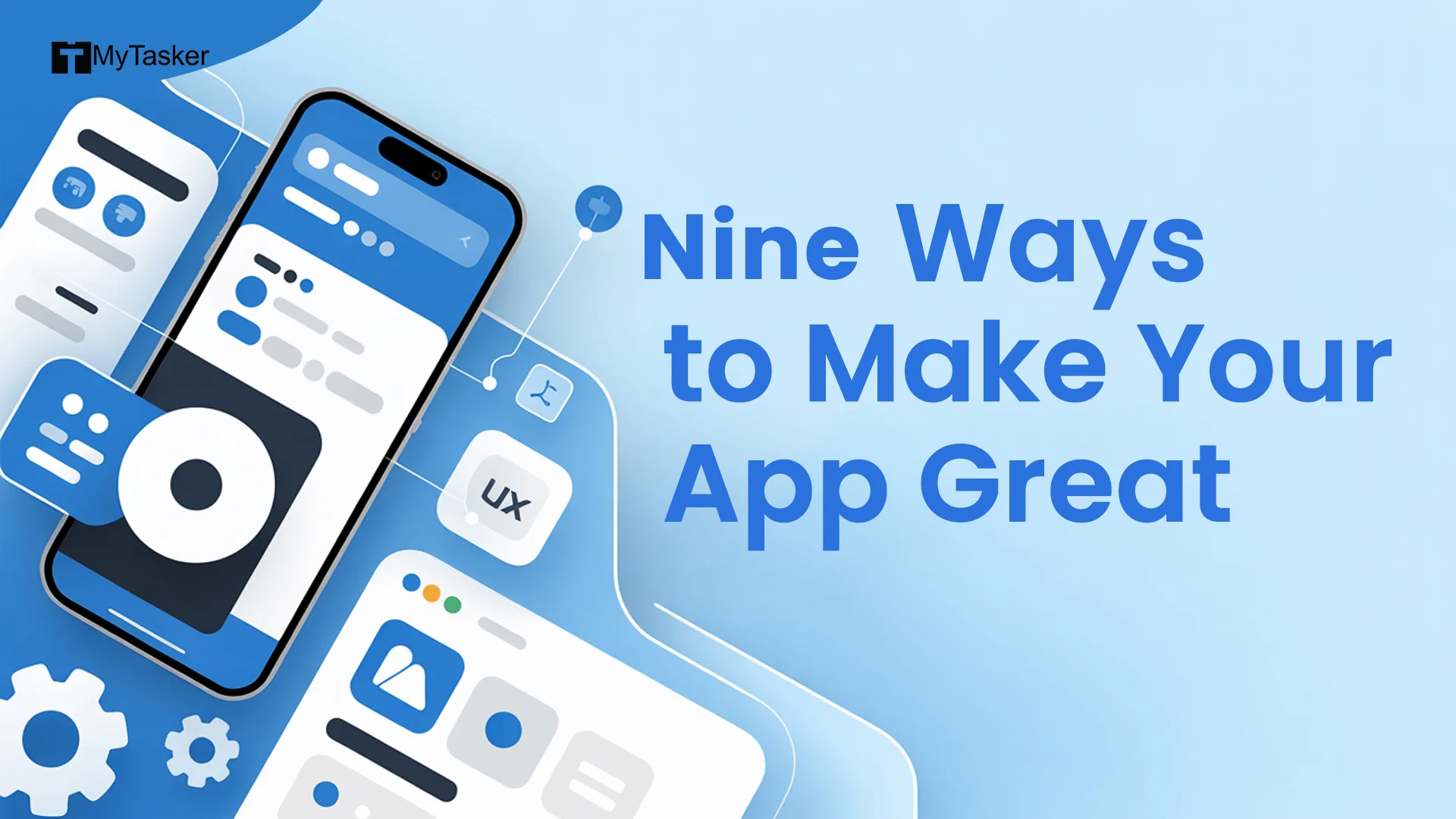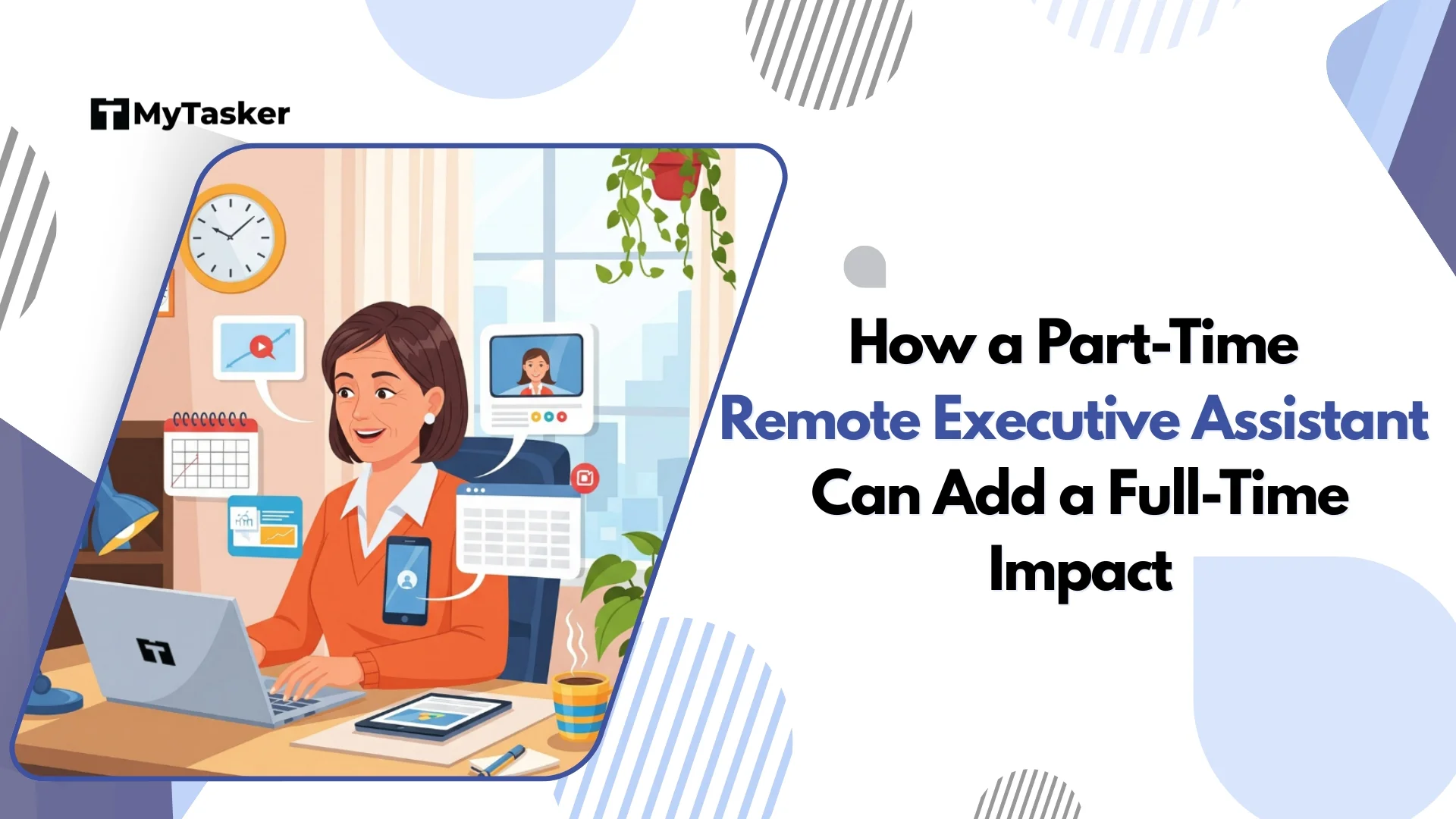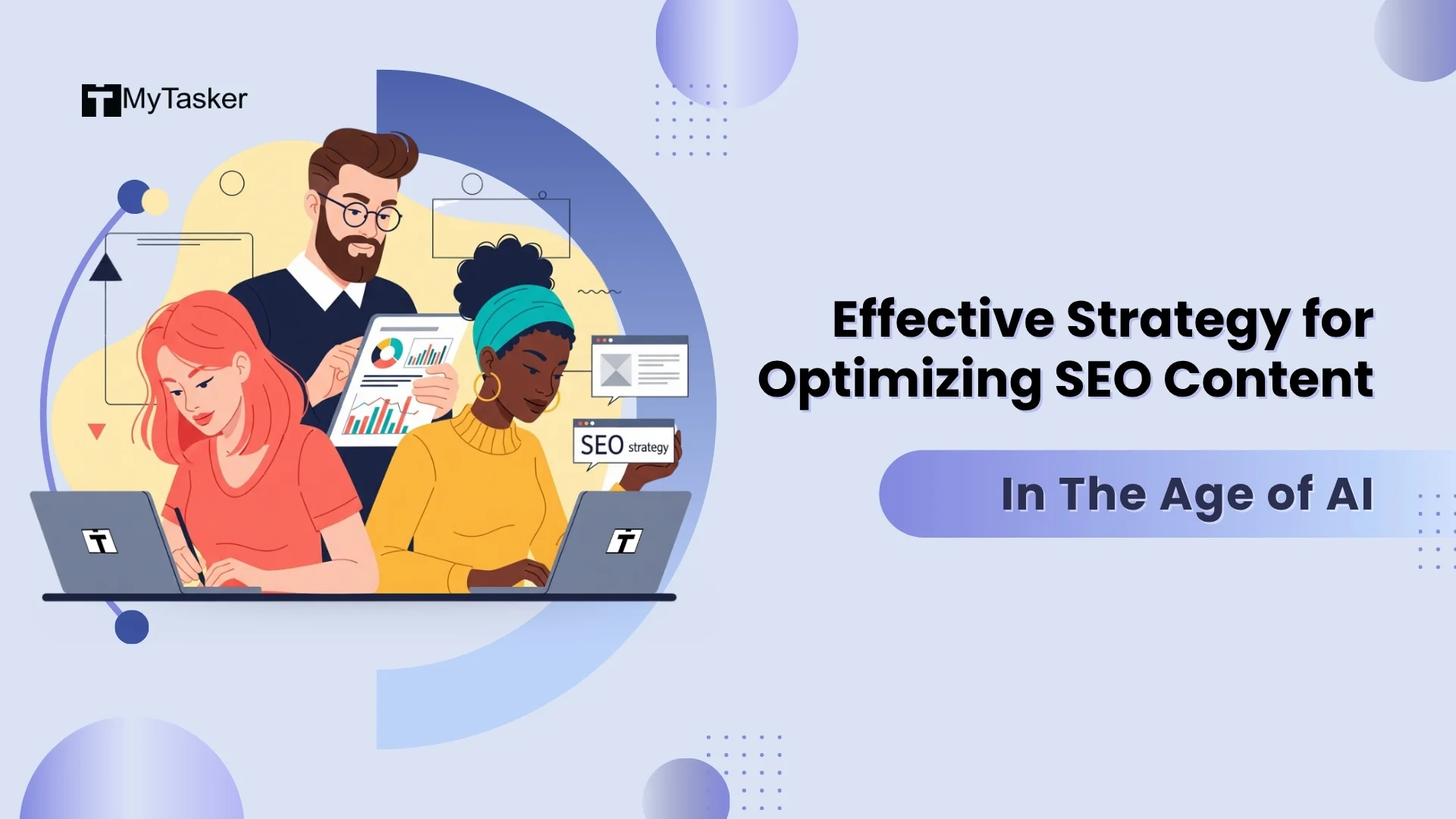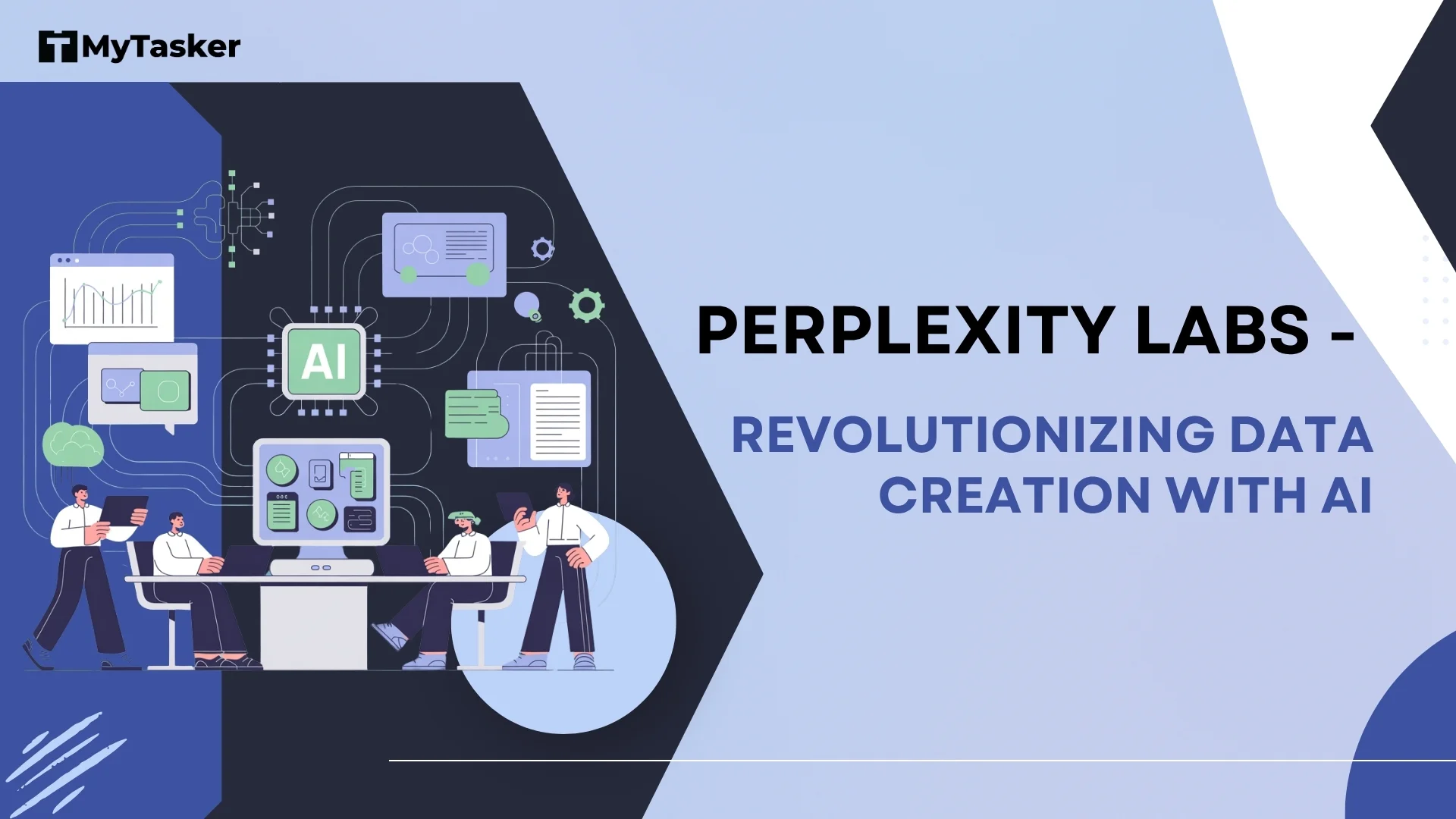The AI age promises that it will completely transform search engine optimization. We're heading toward a major change in search marketing because of exciting breakthroughs like ChatGPT and ground-breaking upgrades from Google and Bing. More success may be attained by brands with a clear strategy and a willingness to modify their SEO tactics.
Conversational AI models such as ChatGPT are on the increase and are driving this continuing shift. The most recent developments in transformer language models have allowed ChatGPT to converse naturally and human-like on almost any subject.
There's a competition among the best search engines to include comparable generative AI features. One such instance is Google's Search Generative Experience (SGE), which uses artificial intelligence (AI) to generate customized summary snippets based on user queries at the top of search results pages.
Based on preliminary statistics, SGE is already visible for 15-20% of queries. The objectives are to eliminate any annoyance, offer rapid access to thorough information, start stimulating discussions with the user, and showcase professional viewpoints and user reviews.
However, what does this mean for tried-and-true SEO strategies in light of AI search?
What You Need to Know about Google SGE?
From the perspective of user experience, Google appears to have reduced the prominence of SGE's original appearance, which once accounted for the majority of the SERP. It appears that Google made this adjustment on purpose to test maximalist design and gather information on user behavior in the new setting.
It's important to remember that not every inquiry results in SGE viewing. Experts have tested ten distinct questions, from "What is," "Should I buy," and "Top 10 options for," to details on state governors, in order to confirm this. However, none of these searches produced results that included SGE.
It's crucial to remember that the product is still in beta testing, so adjustments are undoubtedly on the horizon. This serves as more evidence that Google Search Generative Experience is still in its roll-out phase and that Google, its users, and SEO specialists are all still learning alongside one another.
SGE is a challenging and enigmatic component of Google's algorithm for SEOs. Though there are now no defined criteria and the field of SGE is still relatively obscure, specialists may provide some well-informed guidance on navigating it.
What Changes In User Behavior Could Affect SEO?
Many people have voiced their concerns about SGE assuming control of their search engine results pages. This response makes sense because it mixes a general mistrust of change with the worry that artificial intelligence would take over the planet. A kind of perfect storm is created when you include Google's reputation in the advertising space, which has recently taken some PR beatings.
But like they did with knowledge graphs and highlighted snippets in the past, it is anticipated that Google would impose Google SGE on consumers. It will become the norm when consumers perform their hundredth search. It is expected that the outcomes will get better and more valuable with time.
The user said that they found the AI-powered helper helpful for things like using Google to locate synonyms for a term instead of visiting Thesaurus.com.
The user did concede, though, that human-written information is still preferred for more complicated topics.
What Changes May Be Made to User Behavior and SEO?
When thinking about how user behavior can change and how SEO might be affected, a lot of people worry that SGE (Search Generated Entities) will take over their SERPs. The opposition makes sense because the idea raises worries about AI invading many spheres of life and a general aversion to change.
Recent attacks on Google's image in the advertising industry have only served to reinforce this feeling, which has created a perfect storm of mistrust and cynicism.
That being said, most people anticipate that Google will impose SGE rather strongly, much like how it did with highlighted snippets and the knowledge graph in the past. Similar to other Google developments, it is expected that SGE will become the new standard when people continue to see it in their search results.
Everyone agrees that as time goes on, the quality and usability of the findings produced by Google search generative experience will increase. Users could find the experience to be progressively helpful despite their initial doubts.
The ease with which users may complete basic activities, like looking up synonyms, is a prime example. In the past, people could have gone to Thesaurus.com for this reason. By requesting Google to show synonyms directly, the procedure is now more efficient and time-saving since AI instantly generates a list. These simple activities seem to be a good fit for AI's linear skills.
When faced with more complex problems, though, the general consensus is that human-generated material is still better. Certain subjects may still require the depth of comprehension and originality that human-authored information offers due to their subtle nuances.
To put it simply, even while there could be early opposition to the adoption of SGE, it might eventually become a necessary and anticipated aspect of the user experience. As people adjust to the evolving search and information retrieval landscape, changes in user behavior and SEO evolution are expected as a result of Google's activities.
Digital Marketer Skills To Benefit from SGE
There is some speculation involved in answering this question. Nevertheless, SGE will not reward SEO experts who execute dynamic strategies compared to keyword searches. The skills required for SGE success will likely have a lot of overlap with those needed for traditional search engine optimization.
The topic of whether or not to employ new Google search generative experience to advance their brand may, for some SEOs, become a core issue: "How can one create highly crafted content that Google can use as a reference for its AI?" as opposed to "How can one create valuable content for the end user?" The differences are prominent when you write keeping in mind the AI vs human techniques.
The strategy used with highlighted bits ought to direct our thinking in this regard. Conveying value and credibility to Google must be our main goal. It's important to note that the SEO material we've seen in SGE for customers has either been contained on pillar pages that provide a thorough overview of the subject or has featured structured data, which is simple for Google to comprehend.
The text looks like it may be an answer from ChatGPT to a particular query. Nevertheless, it doesn't have the same conversational tone that ChatGPT employs while holding a debate. The advantages of having your material appear higher in search results should be taken into consideration while creating content for SGE. To do this, you must concentrate on producing content that offers AI a reason to send visitors to your website.
The ultimate goal is still to really assist the user, just as it was before the Search Quality Evaluator Guidelines period, even though Google has consistently advised SEOs not to produce content just for ranking reasons. To do this, it is crucial to comprehend the processes by which large language models (LLMs) produce answers and to pinpoint the details that the model could miss. Human input, such as firsthand accounts, experiences, and views, is required for this.
Such inputs can be combined and replicated by AI, but there is a significant translation loss. Basically, to increase the value that consumers receive, it is imperative to find the gaps in the replies that AI generates and make sure that efforts are focused on filling those gaps.
Consider Using User-Generated Material As A Kind Of Insurance
The utilization of user-generated content (UGC) might function as a beneficial safeguard for your content strategy. Since their September and October revisions, Google has been rumored to be giving user-generated content (UGC) more weight in search results on SEO forums. Although its search engine exposure hasn't increased much, firms that specialize in B2B or SaaS might benefit from user-generated content (UGC) from sites like Quora and Reddit.
How Do You Sign Up for SGE?
As a component of the Google Search Labs program, Google introduced SGE to test concepts and new products. Users who qualify can register by clicking the linked link.
What Do Marketers Get Out Of SGE?
The exploratory process can go more smoothly if the context of one question carries over into the next. Google also offers helpful places to start when researching online material and different viewpoints to improve user research.
- Advertiser View: What does the future hold for search engine (SGE) advertising from the perspective of the advertiser? Advertisers now have little influence over the new search interface. It is anticipated that they will have additional alternatives and that this will soon change.
- Implications for a Local Business: In the past, articles highlighting the best bakeries that matched the phrase would typically appear in search results when someone looked for the best bakeries in their region that provided delicious red velvet cake. However, the emphasis has also moved to user evaluations as a result of the AI-powered search experience. It's now simpler for you to choose the ideal bakery because the algorithm highlights evaluations that explicitly mention red velvet cake for the search keyword.
- Reduced Clicks & Scroll down the SERP: The effort needed to search will be greatly decreased by the addition of new elements in the Generative AI search experience. There can be a drop in search clicks as a result. This may also have an impact on SERPs by decreasing the inclination to scroll down and browse the results at the bottom of the pages.
Final Thoughts
In a meta sense, the fundamental SEO ideas of thorough testing and navigating an unexpected landscape become even more crucial as firms prepare for a world ruled by SGE.
It's critical to pay close attention to industry leaders. Changes to both an individual's approach and Google's extensive domain need to be closely monitored in order to identify any new trends. Recognizing the vital role that human understanding plays in offering customers value is essential.
Even while success is not guaranteed, a solid foundation based on SEO principles will undoubtedly make strategic pivots simpler to handle in the dynamic world of search engine optimization and intelligent Google algorithms.
Understand the changing face of SEO via the lens of Google SGE, and use MyTasker's specialized insights and solutions to remain ahead of the curve. Boost your online visibility, adjust to the shifting landscape, and claim your position in search's future.
Seize the moment and use MyTasker as a guide to help you navigate the changes in SEO as seen via the Google SGE lens. Boost your approach, produce outcomes, and guarantee long-term success. Are you prepared to up your SEO game? Explore our exclusive trial today!!



